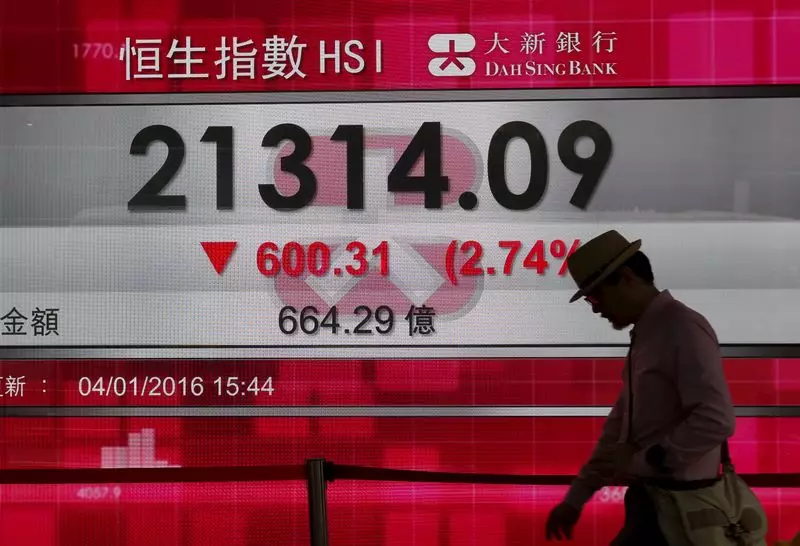In recent weeks, China’s financial markets have witnessed a significant transformation, spurred by government policy measures that have been likened to a “bazooka” due to their size and potential impact. Analysts at BCA Research emphasize that these initiatives aim to invigorate the equity markets, which have been struggling under the weight of oversold conditions. This sudden shift has sparked enthusiasm within investment circles, leading to a notable resurgence in market sentiment. However, the real question that investors and analysts grapple with is whether these measures will have a sustained impact beyond mere stock market fluctuations and affect the broader economy.
While the immediate impact of these policies may present bullish conditions for Chinese equities, there is a prevailing skepticism surrounding the policies’ efficacy in driving real economic growth. According to BCA Research, the measures may offer temporary relief and provoke an uptick in stock performance, but they do not address the fundamental structural issues plaguing the Chinese economy. Issues such as debt deflation, low household confidence, and the lack of support for private enterprises continue to loom large. Analysts argue that even though there might be a brief outperformance in the equity market, the underlying economic challenges won’t be resolved in the foreseeable future.
A crucial point raised by analysts is the insufficient scope of recently implemented subsidies, which account for merely 0.8% of the nation’s GDP. This scale is viewed as inadequate to instigate a significant economic recovery. With ongoing turbulence in the property sector and muted growth in household incomes, these measures appear to serve more as a stopgap than a sustainable solution. Additionally, previous attempts, such as last year’s financing strategy for real estate developers, have failed to yield the desired outcomes, further illustrating the challenges that lie ahead.
The state of China’s real estate market is pivotal to understanding the complexities of its overall economy. BCA Research notes that without aggressive monetary interventions, particularly a robust quantitative easing strategy focused on real estate, the sector will likely hinder broader economic recovery. The combination of high real lending rates coupled with a reluctance to borrow due to deflationary pressures makes it increasingly difficult for businesses to navigate financial uncertainties.
Moreover, a cloud of skepticism hangs over the relationship between private businesses and government policies. Business leaders remain cautious about the government’s intentions regarding large private enterprises, which breeds distrust and hesitation to invest. With local governments already encumbered by debt and facing pressure from anti-corruption efforts, the likelihood of swift adoption of growth-oriented policies appears slim.
While China’s recent financial policy announcements have initially buoyed market sentiment, the underlying economic problems remain unresolved. The measures, though expansive in media coverage, may fall short of being transformative without more substantial support, particularly in the real estate sector. Moving forward, the challenges necessitate deeper analysis and possibly more aggressive economic interventions to stimulate sustainable growth. The current atmosphere warrants a cautious outlook, underscoring the importance of comprehensive strategies that address both immediate market needs and long-term economic resilience.

